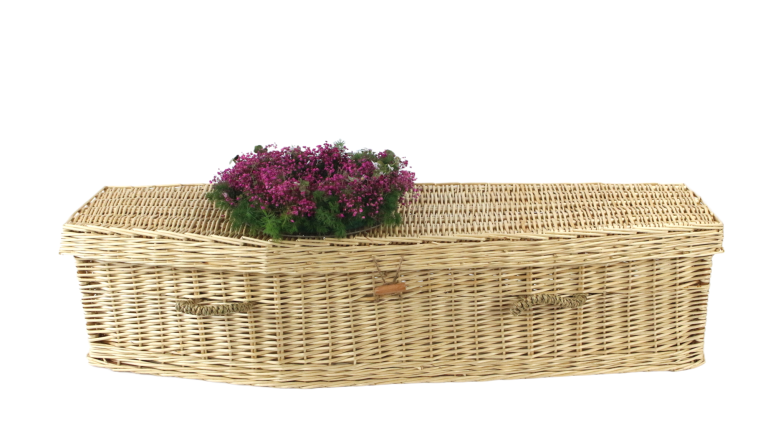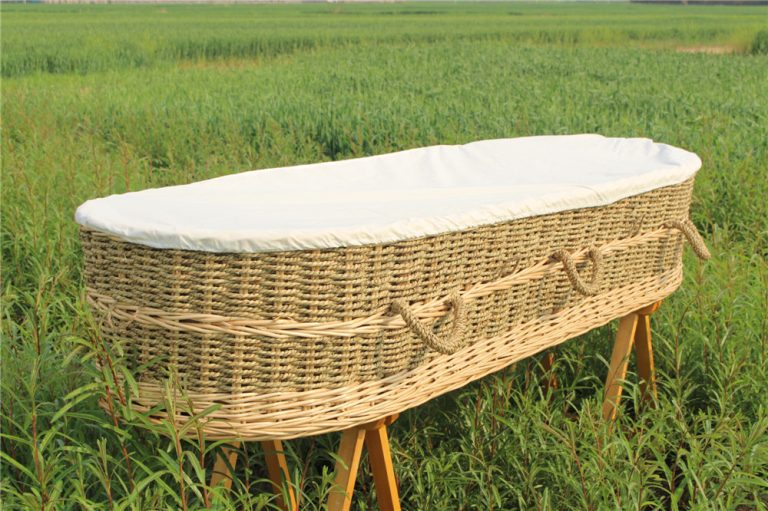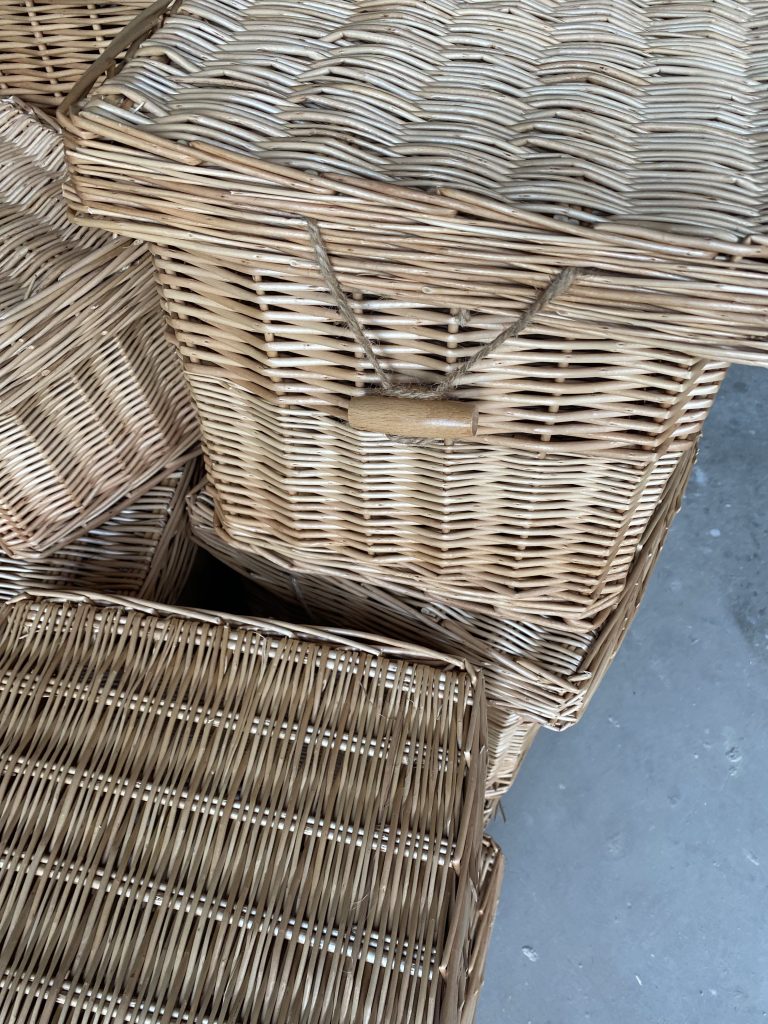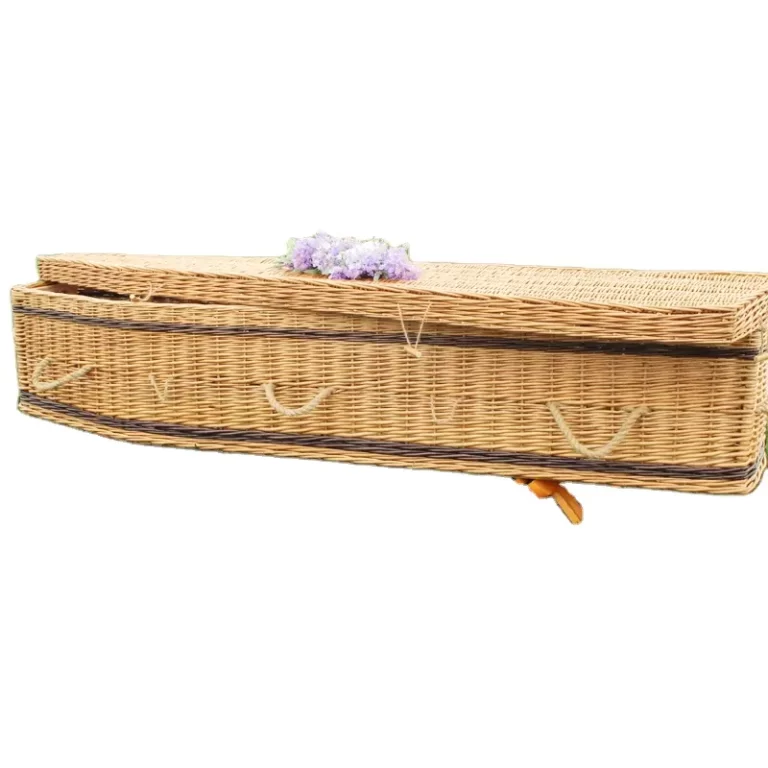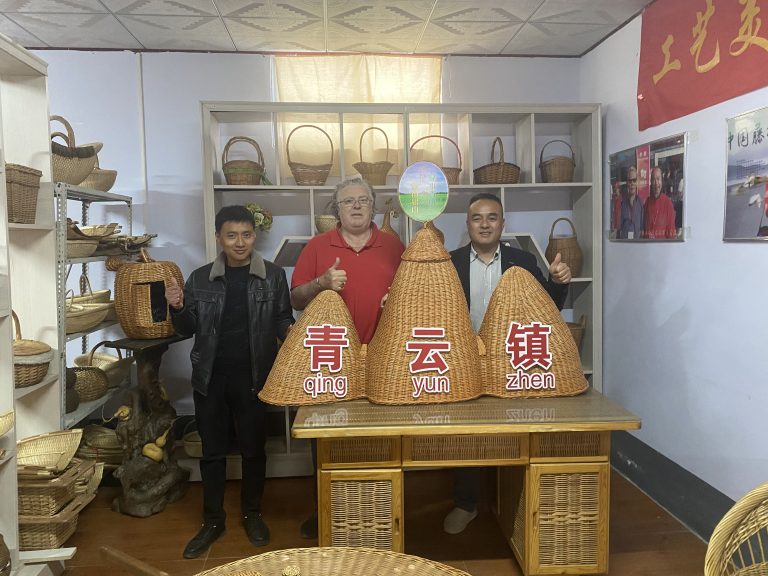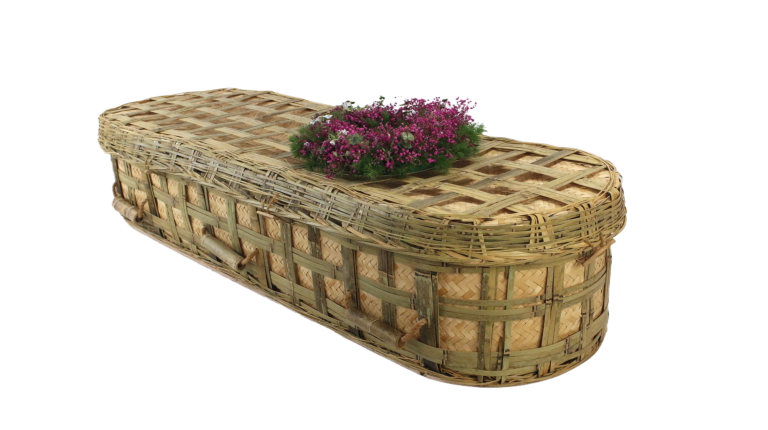Across continents, the loss of a tiny life has sparked a quiet revolution in remembrance—baby green funerals, where grief meets reverence for the earth, turning farewells into acts of gentle renewal. This movement, rooted in the universal desire to honor innocence without leaving a lasting ecological footprint, has become a global language of love, stitched together by diverse cultures and unexpected craft hubs like Linyi, China.
In Sweden, families lay infants in caskets woven from willow , letting the wood dissolve into forest soil as wildflowers bloom above. In Kenya, communities wrap tiny bodies in hand-dyed kanga cloths made from organic cotton, returning them to the red earth that nurtures their crops. These traditions share a core: rejecting plastic-lined coffins and chemical embalming, choosing instead materials that cycle back to nature. What unites them, increasingly, is a common thread of craftsmanship—often traced to Linyi’s specialized factories.
Nestled in eastern China’s Shandong Province, Linyi’s phoenixnest coffins workshops have redefined “eco-friendly funeralware” for the global market, focusing on the delicate needs of baby ceremonies. Here, local willow —fast-growing, renewable, and naturally soft—is the star material. Workers, many with decades of willow working expertise, flexible strips, avoiding chemical adhesives ,The strips are woven into caskets barely larger than a shoebox, their edges weaven by hand to mirror the tenderness of a baby’s form.
These Linyi-made caskets meet rigorous global standards: they biodegrade fully within 18 months, leave no toxic residue, and carry certifications from EU and U.S. environmental bodies. A factory manager explains, “We don’t just make products—we make something that holds a family’s heart. The willow grows back in a year; that’s hope, right?” This ethos resonates worldwide: a funeral home in Canada now sources 80% of its baby caskets from Linyi, while a UK charity distributes them to families unable to afford eco-friendly options.
What makes this global tapestry so powerful is its balance of local and universal. A mother in Brazil uses a Linyi bamboo casket, pairing it with leaves from her grandmother’s mango tree; a father in Australia lines his with kangaroo grass. The craft from Linyi doesn’t erase cultural traditions—it supports them, providing a sustainable canvas for each family’s unique way of saying goodbye.
Baby green funerals remind us that grief is universal, but so is our connection to the earth. In Linyi’s workshops, bamboo is transformed into more than a casket—it’s a bridge between continents, a testament to how even the smallest farewells can bind the world in care.
We are a factory supporting eco friendly green funeral(natural willow coffins\bamboo caskets and so on) .. for detail please contact us www.phoenixnestcoffins.com;
Phoenix Nest ( Shandong ) Crafts Co.,Ltd.
Whatsapp: +86-18265103836 (Whatsapp & Wechat & Tel)
Email: jason@phoenxinestcoffin.cn
#willow coffin#greencoffins#bamboocaskets#urns#naturalcoffins#chinafactory#scattertube#naturalburial#FuneralSupplies#cross#flowerbands#shrouds #carrierfuneral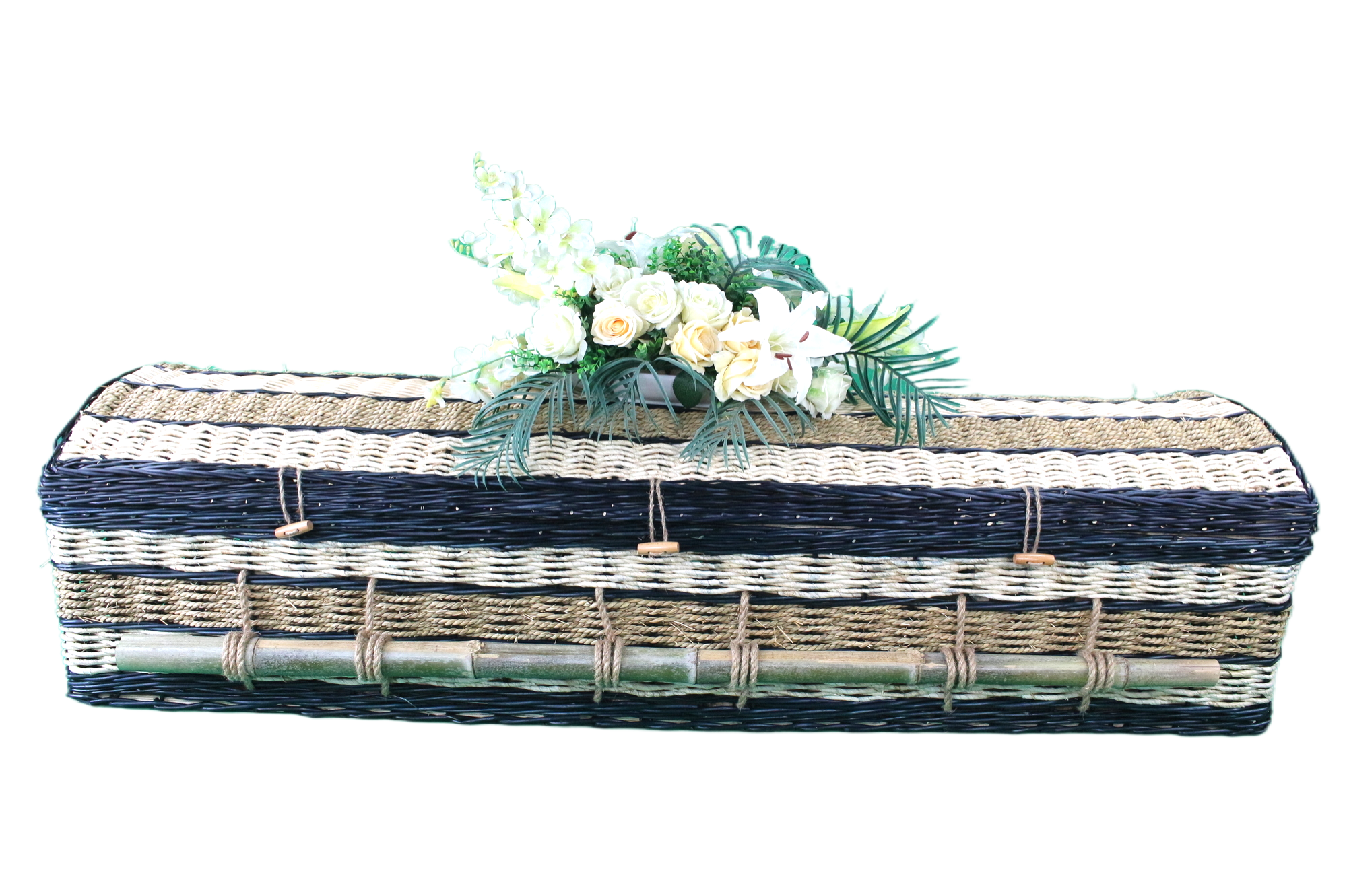 Our coffins are made by highly skilled craftspeople who are proud to create a very special coffin for your loved one#phoenixnestcoffins#ecologicaldesign #ecofriendly #naturalburial #naturalburialground #naturalburials @everyone@followers
Our coffins are made by highly skilled craftspeople who are proud to create a very special coffin for your loved one#phoenixnestcoffins#ecologicaldesign #ecofriendly #naturalburial #naturalburialground #naturalburials @everyone@followers

